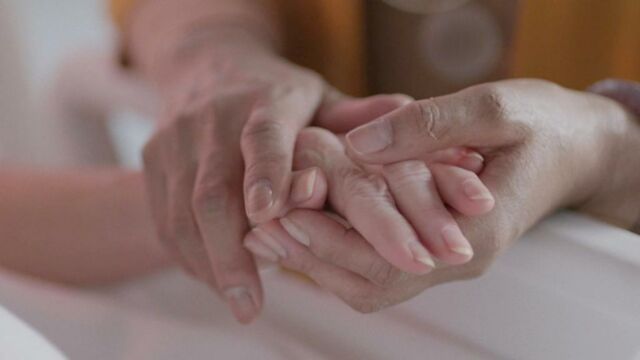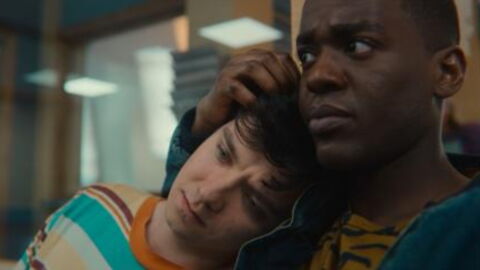Death remains a mystery for most of us, and we are often fascinated by what we don’t understand. Some people have experienced death and come back to life, like this woman who died for 90 minutes and claims she witnessed the afterlife, but most of us are quite happy to avoid thinking about the end and just enjoy the now.
Discover our latest podcast
However, it turns out that the end is not as abrupt as you might think. According to Seamus Coyle, an expert on palliative care, the process of dying starts 2 weeks before you take your last breath. In an article for The Conversation, he details the telltale signs that show someone is nearing the end of their time on Earth.
What this expert says
Seamus Coyle, an honorary research fellow at the University of Liverpool, says:
there is a process to dying that happens two weeks before we pass. During this time, people tend to become less well.
He explains that people ‘typically struggle to walk and become sleepier’ towards the end and they ‘stay awake for shorter and shorter periods’. As they draw closer to death they can no longer eat or drink properly; this stage is referred to as ‘actively dying’. Coyle explains that at this point, people are usually expected to die within two or three days.
He explains that it is different for everyone: some people can go through this whole slowing process over the course of a single day. Equally:
some people can actually stay at the cusp of death for nearly a week before they die, something which usually is extremely distressing for families
What death is actually like
Some schools of thought believe that we feel a rush of endorphins just before we die. Coyle says:
The actual moment of death is tricky to decipher. But a yet unpublished study suggests that, as people get closer to death, there is an increase in the body’s stress chemicals.
For people with cancer, and maybe others, too, inflammatory markers go up. These are the chemicals that increase when the body is fighting an infection.
But what does this really mean? According to Coyle, it’s good news:
In general, it seems like people’s pain declines during the dying process.
However, it seems that your acceptance of death also plays a part. Coyle suspects that people who are not ready to die don’t feel the same ‘rush of feel-good chemicals’. He references those who 'had young families' and points out that they 'never settled during the dying process’.
Hopefully we’ll all have a little longer to enjoy life before we have to start thinking about leaving our loved ones behind, but Coyle’s words are certainly food for thought!
Read more:
⋙ Woman who died for three minutes claims she witnessed ‘irrefutable proof’ that an afterlife exists
⋙ Teen who died and came back to life again gets 'shocking diagnosis'
⋙ Man who died for 7 minutes reveals what he saw in the afterlife and how he escaped death
Sources used:
The Conversation: Death: can our final moment be euphoric?
Daily Record: Expert explains signs of death and how dying begins two weeks before last breath
Express: What happens when you die? Doctor explains EXACTLY what dying is like















